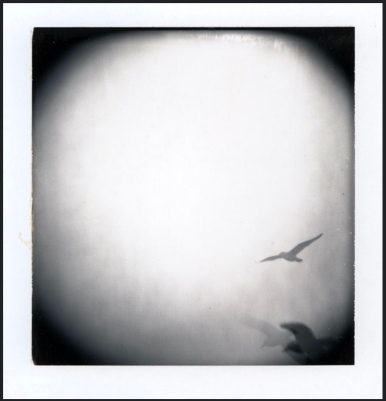
The Shakes
by Joe Johnston
I am still waiting for the shakes to stop.
I am still waiting for the magic of Big Sur
to envelop me in calm
comfort, to
let
me
breathe.
I did the work; I rejected the
mythos and I rejected the
ritual and I decamped to the
valley. And I waited.
I
wait
ed.
I waited as the shakes continued
and I waited as the Fall rolled in and
the tide rolled out.
boom
BOOM
The beats go on as the
Beats went on, and
I don’t have the right map so I’m
lost, off the road, a city light
my only beacon, waiting for
the. shakes. to. stop.
PAINTING: Big Sur Coastline by Eyvind Earle.

NOTE FROM THE AUTHOR: A popular book many young people read to broaden their boundaries is Jack Kerouac’s 1957 novel On the Road. But I don’t feel that enough people bookend the experience by reading his tragic Big Sur (1962). I didn’t come to it myself until much later in life, which is may be a good thing. When I think of Lawrence Ferlinghetti, I can’t help but picture him as this calming grandfather, protector, and champion of a wild bunch of maniacs, unable to save some of them from themselves. This poem is part homage to that calming grandfather.
PHOTO: Jack Kerouac (left) and Lawrence Ferlinghetti in front of Ferlinghetti’s house at 706 Wisconsin St., San Francisco, California (early 1959). Photo by Kirby Ferlinghetti. (Online Archives of California)

ABOUT THE AUTHOR: Writer and filmmaker Joe Johnston made his first movie at the age of 11, an industrial espionage thriller that continues to play to excited crowds in his parents’ living room every Christmas. His prose, poetry, and video literature have appeared in Atticus Review, Matador Review, and Iron Horse Literary Review. His recent film How to Make a No-Sew Coronavirus Face Mask from a Poem was featured in Michigan State University’s 2021 Filmetry Festival, viewable here. He currently resides in Michigan with his loving family of fellow artists and is working on a feature-length play about a dystopic suburban road rally.














